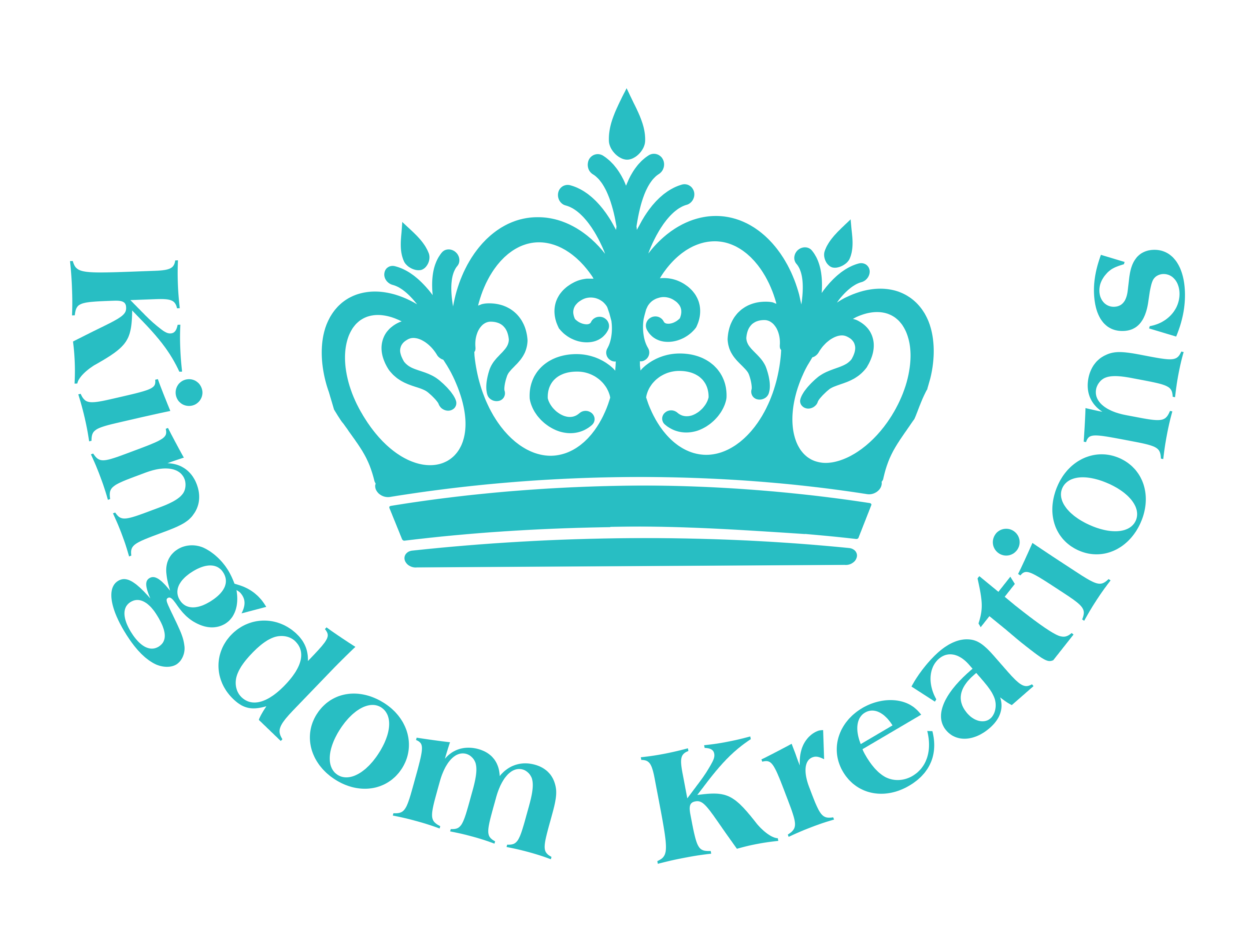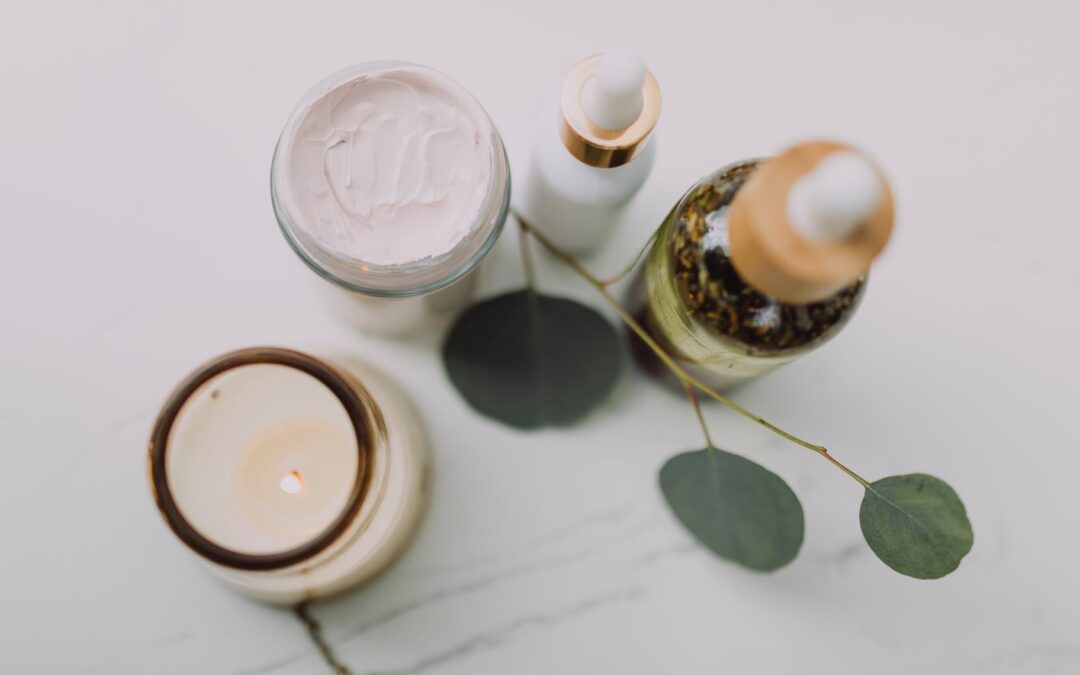Creating your own label cosmetic products in the UK can be a rewarding venture, but it involves several steps and considerations to ensure compliance with regulations and the success of your brand. Kingdom Kreations is the greatest example for that. Here’s a general guide on how to start your own label cosmetic product line in the UK:
- Market Research:
- Identify your target market and niche within the cosmetic industry.
- Analyze the competition and identify gaps in the market.
- Determine the specific cosmetic products you want to create and sell.
- Business Plan:
- Develop a comprehensive business plan outlining your business goals, target audience, marketing strategies, and financial projections.
- Decide on the scale of your operation, whether it’s a small, home-based business or a larger manufacturing operation.
- Regulatory Compliance:
- Familiarize yourself with UK and EU cosmetics regulations, including safety standards, labeling requirements, and product testing.
- Ensure that your cosmetic products comply with all relevant regulations, and consider seeking legal counsel or regulatory experts to assist you.
- Product Development:
- Source high-quality cosmetic ingredients and suppliers.
- Formulate your cosmetic products, ensuring they meet safety and quality standards.
- Conduct stability and safety testing on your products as required by regulations.
- Packaging and Labeling:
- Design attractive and informative labels for your products, ensuring they include all required information such as ingredient lists, usage instructions, and contact details.
- Choose eco-friendly and aesthetically pleasing packaging that aligns with your brand’s identity.
- Manufacturing:
- Decide whether you’ll manufacture your products in-house or outsource production to a manufacturer.
- If outsourcing, carefully vet and select a reputable manufacturer that adheres to quality and safety standards.
- Branding and Marketing:
- Create a brand identity, including a company name, logo, and brand story.
- Develop a marketing strategy that includes a website, social media presence, and marketing campaigns to reach your target audience.
- Consider influencer partnerships and collaborations to promote your products.
- Distribution and Sales:
- Decide on your distribution channels, whether it’s selling directly to consumers through e-commerce, partnering with retailers, or a combination of both.
- Establish pricing strategies that consider production costs, competition, and profit margins.
- Quality Control:
- Implement strict quality control measures to ensure the consistency and safety of your products.
- Regularly review and improve your formulations and processes.
- Legal and Insurance:
- Consult with legal professionals to ensure your business structure and operations comply with all relevant laws and regulations.
- Obtain the necessary insurance coverage, such as product liability insurance.
- Launch:
- Plan a launch event or marketing campaign to introduce your products to the market.
- Utilize online platforms and e-commerce to reach a wider audience.
- Customer Support:
- Provide excellent customer support to address inquiries, issues, and feedback from customers.
- Feedback and Iteration:
- Continuously gather customer feedback and use it to improve your products and services.
Starting your own label cosmetic products in the UK can be a fulfilling venture, but it requires careful planning, adherence to regulations, and dedication to quality. Seek guidance from industry experts and consider professional assistance in areas such as legal compliance and product formulation to ensure the success and safety of your cosmetic brand.

